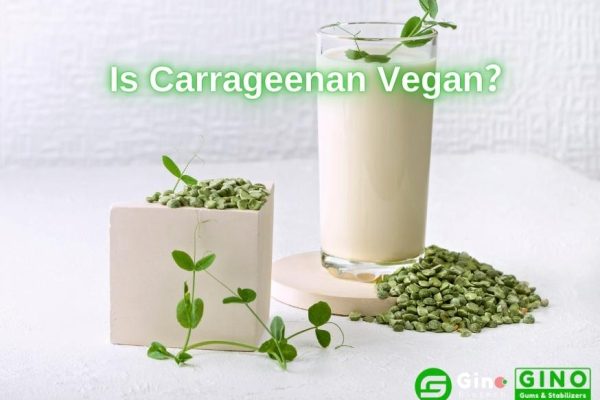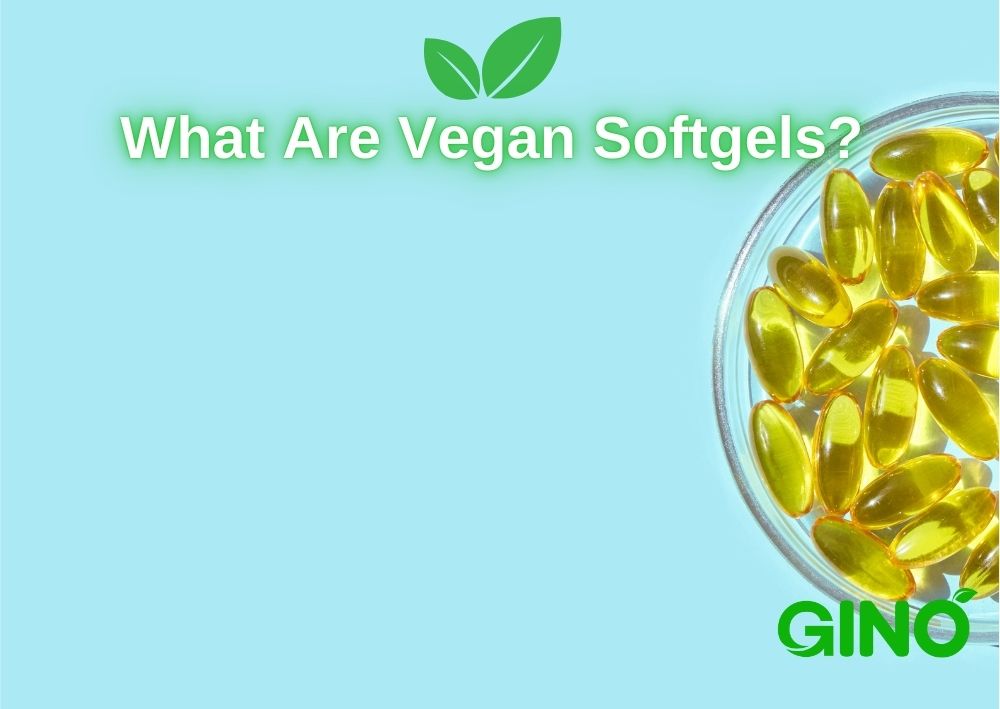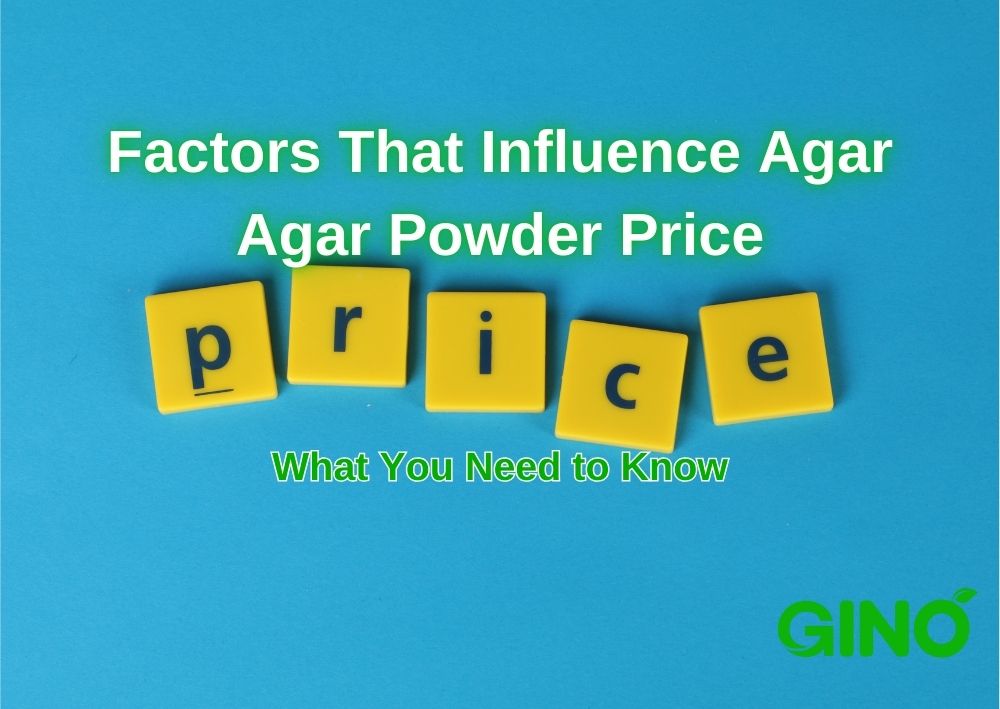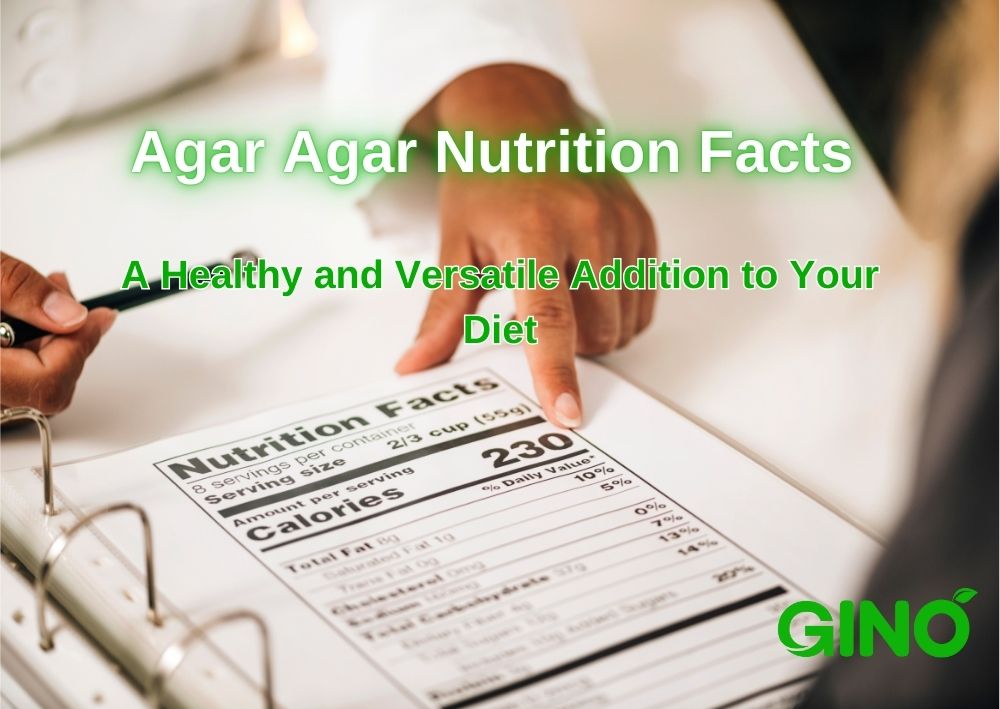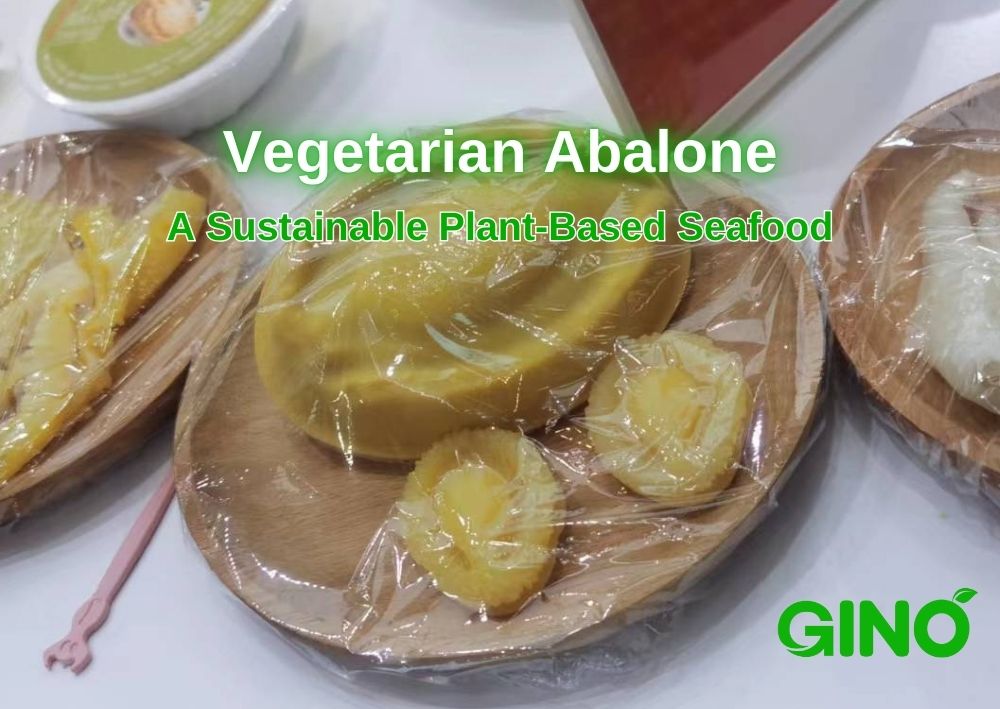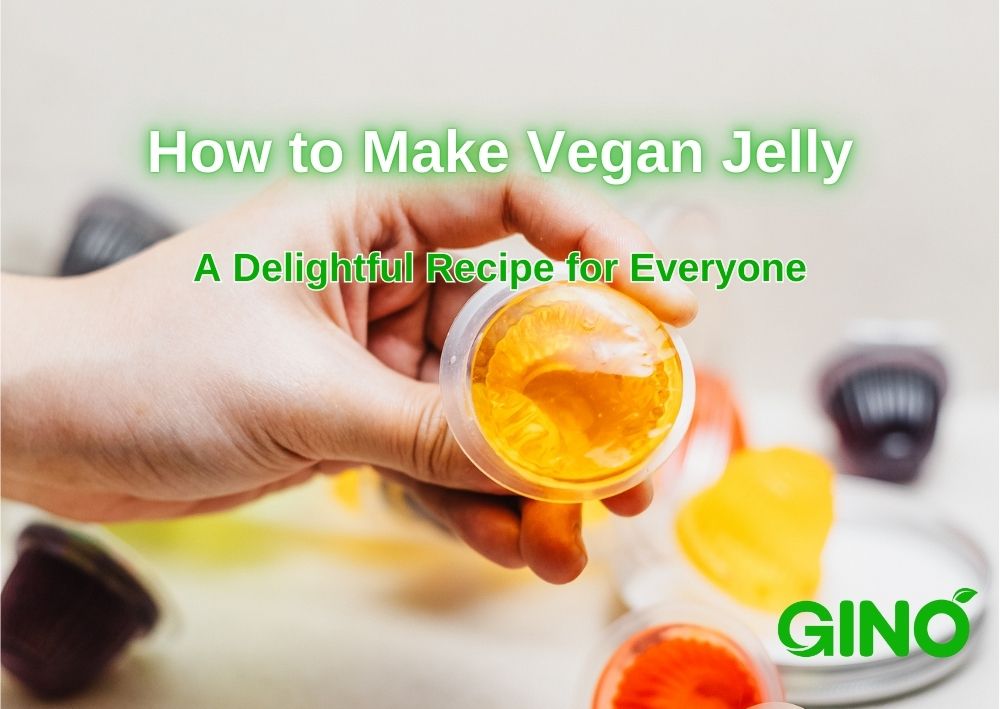Há mais de 10 anos que a Gino Biotech é um dos principais fornecedores de hidrocolóides alimentares. Com a nossa variedade de gomas e estabilizadores à base de plantas, podemos criar soluções hidrocolóides à medida, perfeitamente adaptadas às necessidades dos nossos clientes. LER MAIS
Types of Carrageenan and Their Applications: A Comprehensive Guide
Types of Carrageenan and Their Applications
Facebook
Twitter
LinkedIn
Introdução
Carrageenan is a natural water-soluble polysaccharide that is widely used in food, cosmetics, and pharmaceutical industries. It is primarily extracted from red seaweed, but different types of carrageenan vary significantly in their properties and applications.
This article will delve into the four main types of carrageenan - Kappa, Iota, and Lambda - and explore their differences based on raw material, processing methods, purity, and grades. This knowledge will help you choose the right type of carrageenan for your specific needs.
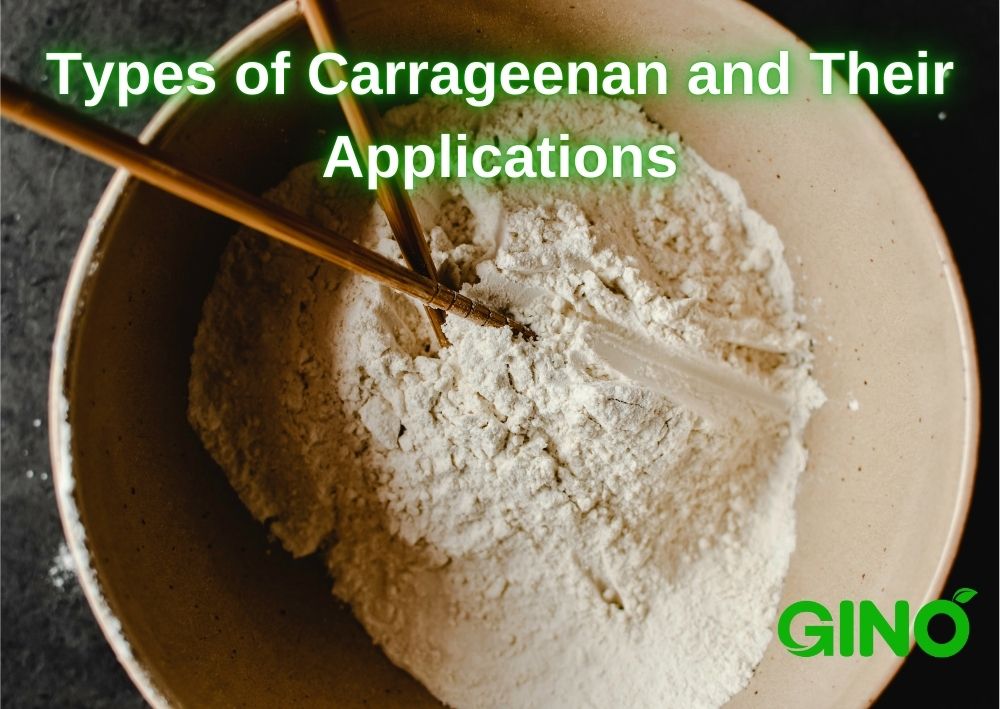
1. Types of Carrageenan Based on Raw Material: Kappa, Iota, and Lambda
Kappa carrageenan forms a firm gel in the presence of potassium ions.
This type is primarily used in dairy and meat products, such as cream, puddings, and sausages, where it improves texture and stability.
Kappa is also available in two variations: Kappa 1 and Kappa 2, offering different gel strengths for specific applications.
Iota carrageenan, in the presence of calcium ions, forms an elastic gel with a soft and flexible texture.
It is commonly used in frozen desserts and dairy products like ice cream and milkshakes, where it helps maintain a smooth and flexible texture. Unlike Kappa, Iota provides a more elastic structure, ideal for products that require some stretch.
Lambda carrageenan does not form a gel but is known for its high viscosity.
It is used as a thickening agent in products such as salad dressings, emulsified foods, and beverages, where it enhances texture and stability without forming a gel-like structure.
2. Types of Carrageenan Based on Processing: Refined vs. Semi-refined
Refined carrageenan undergoes more extensive processing to remove impurities, resulting in a higher-purity product. It is typically used in food and pharmaceutical applications that require high-quality standards.
Refined carrageenan provides more consistent gel properties and is ideal for applications demanding high performance.
Semi-refined carrageenan undergoes less processing, retaining more natural components. It is primarily used in industrial-grade applications or cost-sensitive products.
While it may have lower purity, it remains effective in many non-food or lower-cost applications.
3. Types of Carrageenan Based on Purity: Pure, Standardized, and Blended
Pure Carrageenan
Pure carrageenan is a highly purified form of the polysaccharide, extracted directly from red seaweed without any added ingredients.
It is commonly used in food-grade and pharmaceutical-grade applications, ensuring the highest standards of safety and quality.
Standardized Carrageenan
Standardized carrageenan is processed to ensure consistent gel strength and performance, always stanardized with sugars or salts.
This type of carrageenan is typically used in food products where consistent results are required. It is ideal for large-scale production, offering predictable outcomes and stability.
Blended Carrageenan
Blended carrageenan is a mixture of different types of carrageenan or other gums, ingredients, designed to adjust gel strength, viscosity, and stability.
It is often used in specialized formulations where a customized texture or performance is needed, such as in sauces, dressings, or frozen foods.
4. Types of Carrageenan Based on Grade: Food, Pharmaceutical, and Industrial
Food Grade Carrageenan
Food grade carrageenan is produced under strict safety regulations and is commonly used in food applications.
It is used in products such as dairy, meat, beverages, and confectionery, ensuring safety and stability for consumption.
Pharmaceutical Grade Carrageenan
Pharmaceutical grade carrageenan is produced to meet even higher purity standards than food-grade carrageenan.
It is used in pharmaceutical formulations, such as drug delivery systems and capsules, where purity and consistency are paramount.
Industrial Grade Carrageenan
Industrial grade carrageenan is used in non-food applications, such as cosmetics, cleaning agents, and other industrial products.
While it meets the functional requirements for these applications, it does not meet the stricter purity standards of food or pharmaceutical-grade carrageenan.
Carrageenan can also be classified based on solubility
1. Standard Carrageenan: Requires boiling water to dissolve (above 90°C), used in applications like microbiological media and certain food products.
2. Instant Carrageenan (Quick-Dissolving Carrageenan): Dissolves at lower temperatures (below 80°C), ideal for products requiring rapid solubility without boiling.
2. Instant Carrageenan (Quick-Dissolving Carrageenan): Dissolves at lower temperatures (below 80°C), ideal for products requiring rapid solubility without boiling.
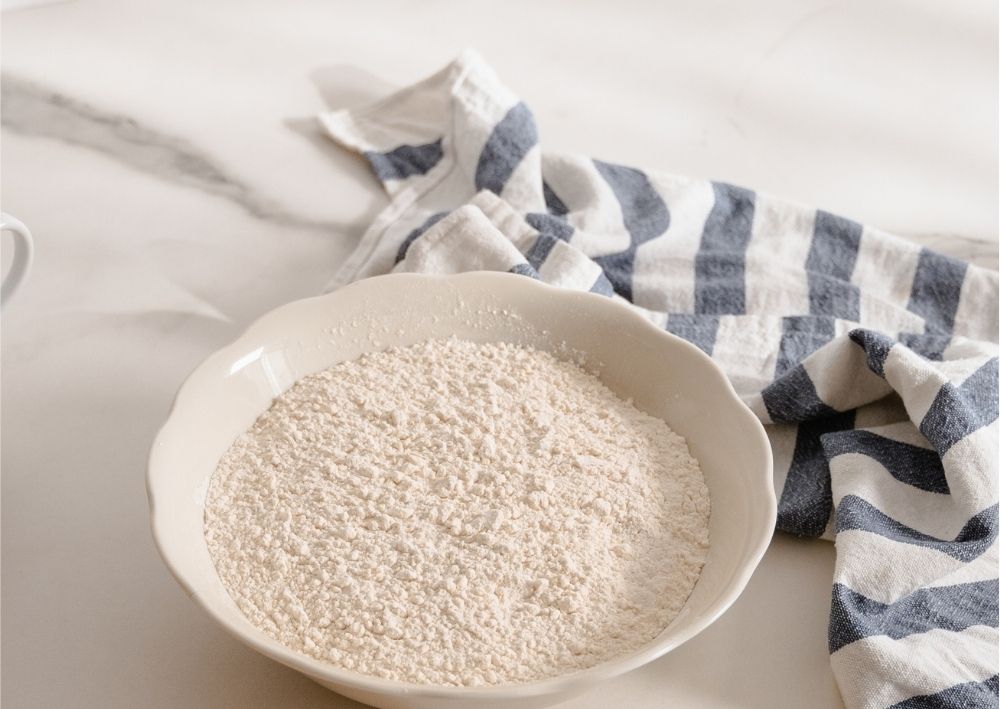
Conclusão
Carrageenan comes in a variety of types, each with unique characteristics based on raw material, processing, purity, and grade. Understanding these differences allows you to choose the right type of carrageenan for your specific product needs, whether you're in the food, pharmaceutical, or industrial sectors.
Interested in learning more about different types of carrageenan and how they can enhance your products? Contact us today for more information on Kappa and Iota carrageenan, and discover tailored solutions for your production needs!
Contactar a nossa equipaPublicações recentes
Sobre a Gino Biotech

Somos uma empresa biotecnológica especializada na investigação, desenvolvimento e comercialização de aditivos alimentares inovadores e tecnológicos hidrocolóides Ágar-ágar, Carragenina, e Soluções de estabilizadores feitas à medida.
Com o know-how alargado e a experiência na investigação, aplicação e utilização de hidrocolóides, podemos fornecer um balcão único soluções personalizadas perfeitamente adaptados às necessidades dos nossos clientes.
O nosso produtos cobrem as necessidades dos sectores da carne, dos lacticínios, da panificação, da confeitaria e de outros sectores industriais.
Contacte o nosso representante de vendas para mais informações.



